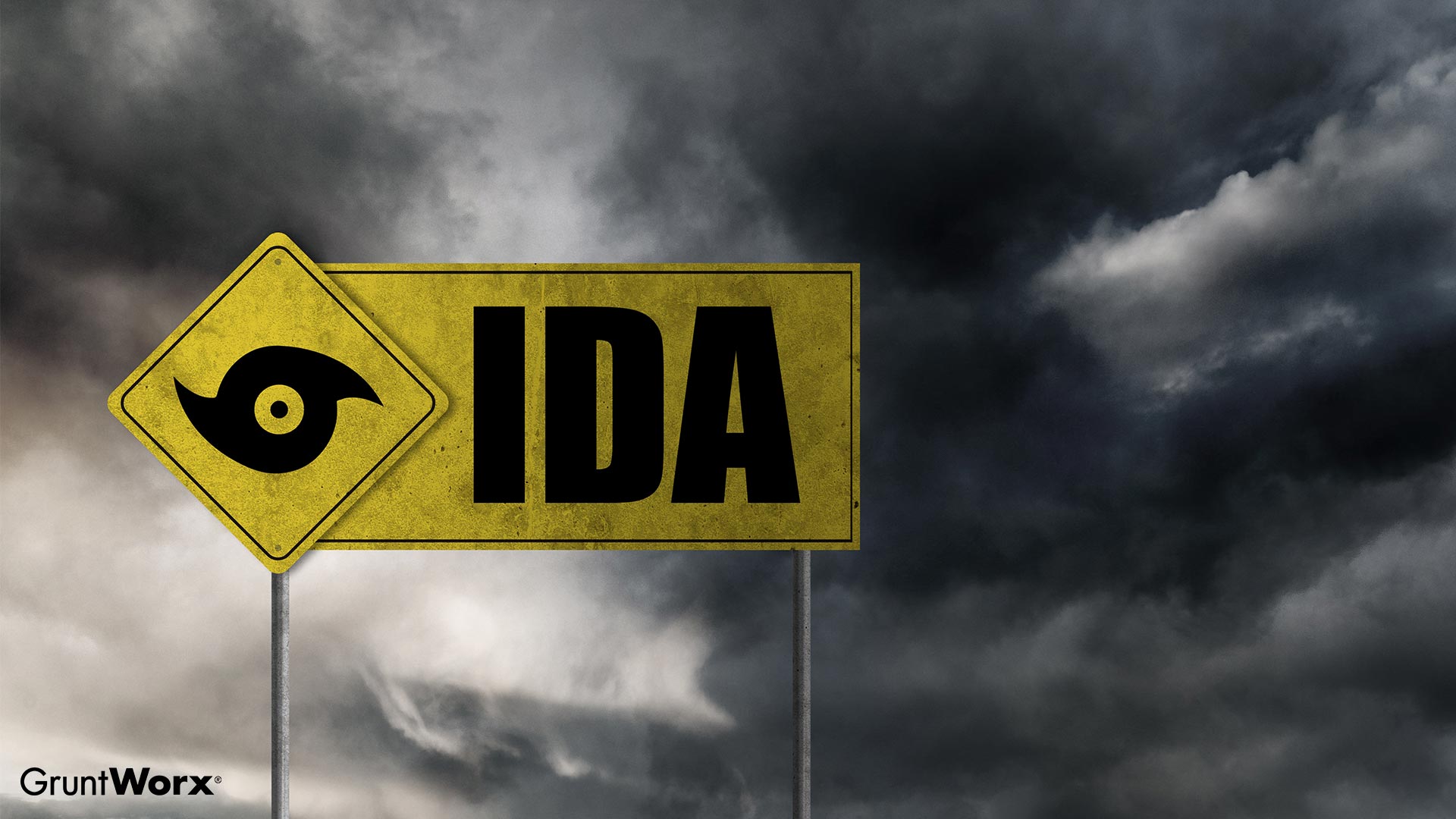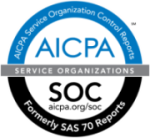

The Gulf Coast is bracing for another hurricane just two weeks after Ida began its devastating march to the Northeast in Louisiana. Hurricane Nicholas made landfall in Texas, and The National Hurricane Center predicts that storm-ravaged Louisiana is directly in its path.
These back-to-back storms are making good on NOAA’s “active Atlantic hurricane season” prediction—forcing millions to endure the recovery process that follows a natural disaster. Unfortunately, staying safe and rebuilding aren’t all they have to worry about: Scammers use these chaotic events to prey upon victims and would-be Good Samaritans.
The Federal Trade Commission is warning Americans about post-disaster scams, ranging from fake charities to insurance fraud. Since these scams are wide ranging, the FTC published seven tips that can keep your money and information out of the hands of fraudsters.
Here’s the list, including links that originally appeared in the FTC blog:
- Be skeptical of anyone promising immediate clean-up and debris removal. Some may quote outrageous prices, demand payment up-front, or lack the skills needed.
- Check them out. Before you pay, ask for IDs, licenses, and proof of insurance. Don’t believe any promises that aren’t in writing.
- Never pay by wire transfer, gift card, cryptocurrency, or in cash. And never make the final payment until the work is done and you’re satisfied.
- Guard your personal information. Only scammers will say they’re a government official and then demand money or your credit card, bank account, or Social Security number.
- Know that FEMA doesn’t charge application fees. If someone wants money to help you qualify for FEMA funds, that’s probably a scam.
- Be wise to rental listing scams. Steer clear of people who tell you to wire money or ask for security deposits or rent before you’ve met or signed a lease.
- Spot disaster-related charity scams. Scammers will often try to make a quick profit from the misfortune of others. Check out the FTC’s advice on donating wisely and avoiding charity scams.
The FTC notes that sharing this information is one of the best ways to prevent others from falling victim to post-disaster scams. To help, the agency put together an image designed to be shared on social media and provided links to the “Dealing with Weather Emergencies” page on FTC.gov.
If you personally encounter a disaster-related scam, submit it to ReportFraud.FTC.gov.
Check out the FTC link below to read the full article and access the social media image.
Sources: “How to spot, stop, and report post-disaster scams,” FTC.gov; “NOAA Predicts Another Active Atlantic Hurricane Season”







